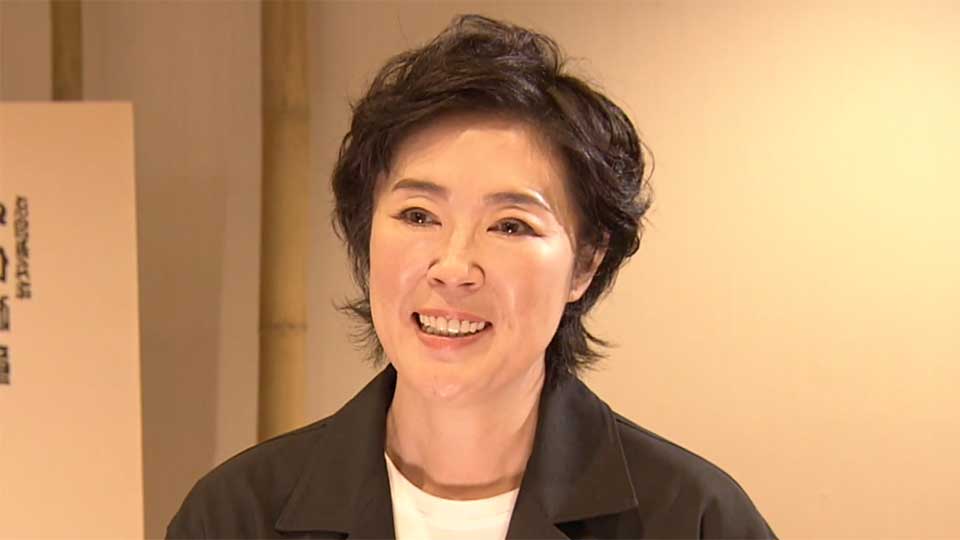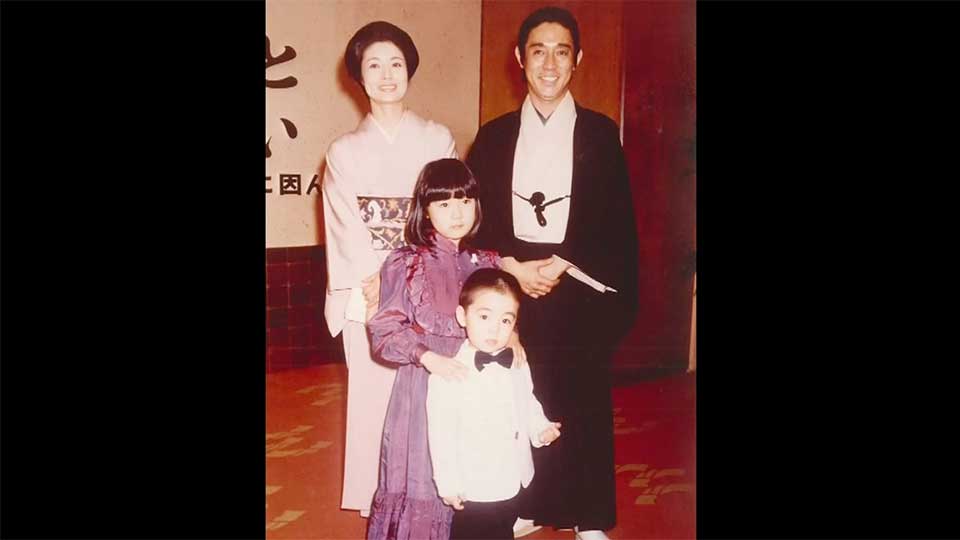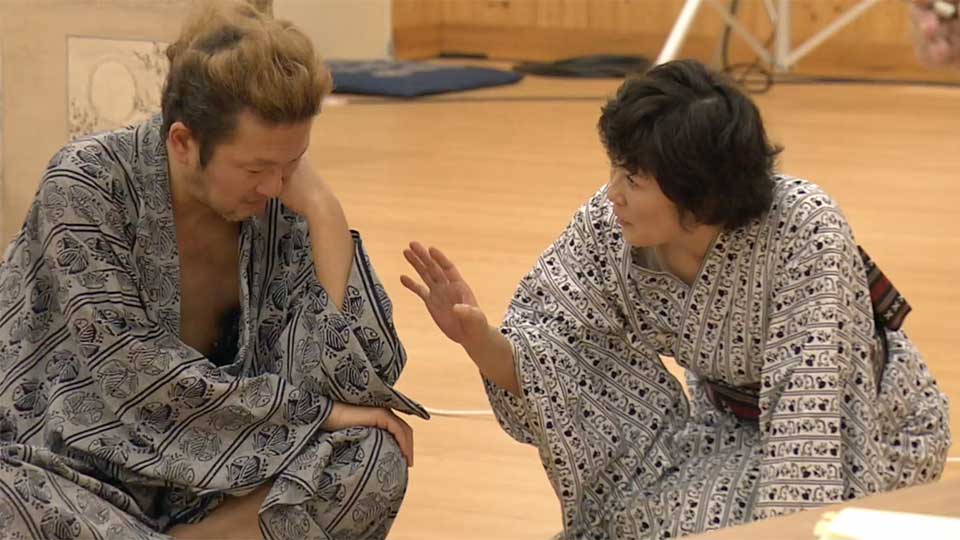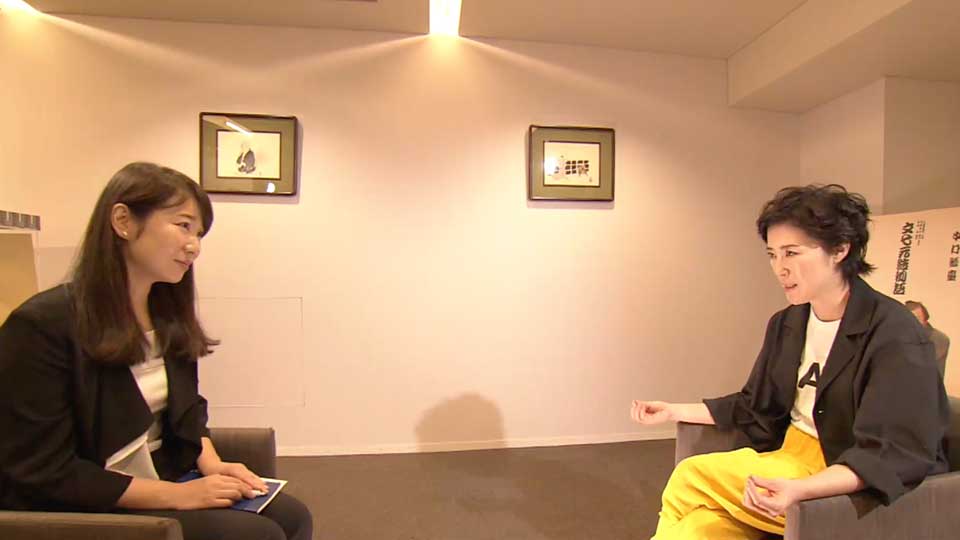
At Japan's most famous Kabuki theater, it's all men on the marquee except for famed actress Terajima Shinobu.
Kabuki has been performed since the early 17th century. Plays originally featured both men and women. But the Edo government felt they would be too provocative and banned women. For hundreds of years, men have played every role and that tradition endures today.

NHK asked Terajima how she felt before her first Kabuki performance. She says, "I just tell myself this is nothing special. It's just Kabukiza Theatre and it's no different from the stage where I usually work."

Terajima's family has been performing on stage for generations. Her father is a legendary Kabuki actor who has been designated a living national treasure by the Japanese government. Her younger brother is also a Kabuki performer. Terajima herself is a world-renowned actress.
For years, she wondered why she was not welcomed into her family tradition. Terajima says, "I asked myself why my brother gets to perform on stage and I have to remain in the audience. I thought that even if I receive the same training as my brother, I won't get an opportunity to perform on stage. I never imagined I would get to see the audience from the stage."

At the age of 50, Terajima finally received that chance. She performed in one of Kabuki's longest-running plays — an affectionate tale of human relations that has been performed for more than 120 years.
The Tale of Bunshichi Paper Cord depicts the lives and loves of common people in the Edo period. Terajima says she wondered how the audience would respond to her performance.
On her first day she got her answer. The audience members gave her the same reception a male actor would receive — they called out her family's stage name.
After the show, NHK spoke with members of the audience. A man said that nowadays not many young people watch Kabuki, so he hoped having a famous actress participate would attract them. A woman said Terajima was able to play the role with great humanity because she's a woman, and that a man might have performed it differently.

NHK asked Terajima what she would say to her younger self — a child who grew up dreaming of this moment. She replied, "I would say my wish came true because I spoke it aloud. I would say we should believe in kotodama, referring to the Japanese belief that uttering a thought breathes life into it."
Terajima added, "I felt that since you only live once, if you like something you should passionately pursue it. If you concentrate and work hard, you'll be rewarded."

